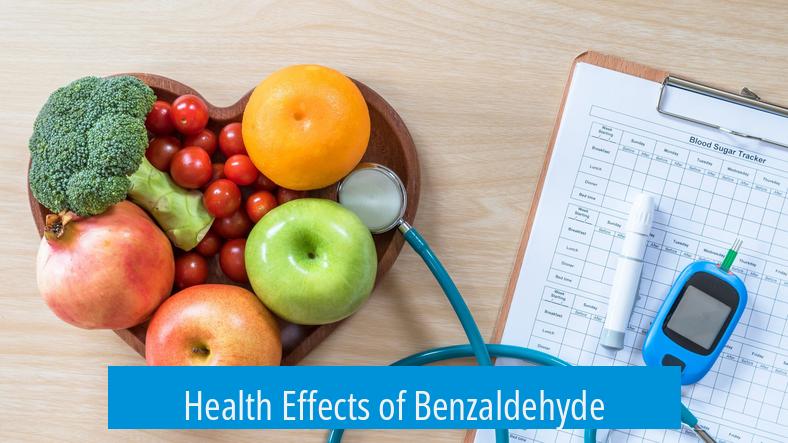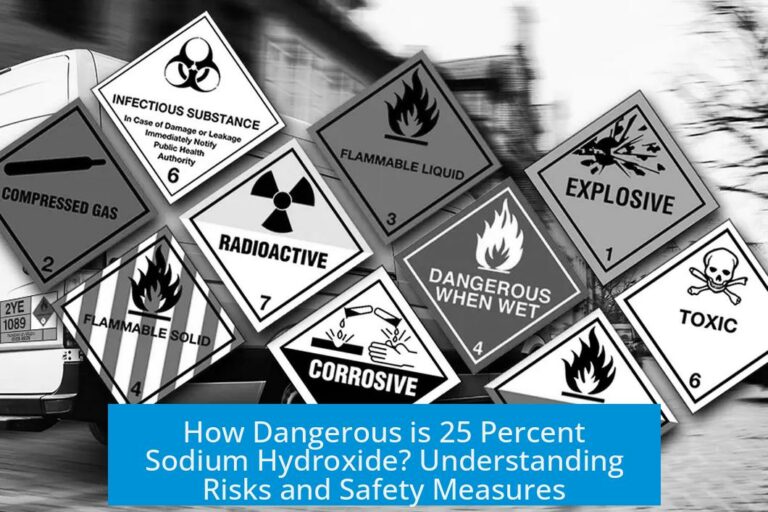Health Effects of Benzaldehyde

Benzaldehyde is generally safe when used appropriately and is not known to cause cancer. It holds a status of being “generally recognized as safe” (GRAS), often found in synthetic almond flavoring. Despite its common use, exposure to high amounts or direct contact needs caution.
Safety and Toxicity
- Benzaldehyde’s lethal dose is approximately 50 mL, indicating toxicity at large doses.
- It has no established carcinogenic effects, supporting safer use in food additives and flavorings.
Sensory and Irritant Effects
Benzaldehyde emits an almond-like odor due to vapor release. However, touching or tasting pure benzaldehyde can cause strong irritation. A small drop on the tongue overpowers taste receptors and causes stinging or burning, similar to capsaicin’s impact, but usually without lasting tissue damage.
Adverse Effects and Cautions
- Self-experiments with related compounds like cinnamaldehyde can cause severe ulcers that take weeks to heal, suggesting caution with benzaldehyde as well.
- Repeated or direct exposure to concentrated benzaldehyde is not advisable due to potential mucous membrane irritation.
- Avoid tasting or applying chemicals like benzaldehyde on the skin or tongue to prevent harmful effects.
Natural Presence
Benzaldehyde naturally occurs in almond oil along with acetophenone. Consumption of almonds exposes individuals to small amounts safely integrated within the diet.
Summary of Key Points
- Benzaldehyde is safe at low levels and used widely in food flavoring.
- Not carcinogenic but toxic in large amounts.
- Direct contact causes strong sensory irritation but minimal lasting harm.
- Self-testing chemicals orally can lead to serious injuries and is strongly discouraged.
- It naturally occurs in almonds, contributing to their characteristic aroma.
What are the toxic effects of benzaldehyde?
Benzaldehyde is generally recognized as safe. It is not known to cause cancer. The lethal dose is around 50mL, which is quite high compared to normal exposure levels.
Can benzaldehyde cause irritation if it contacts the skin or tongue?
Yes. A small drop on the tongue can cause a strong burning or stinging sensation. The effect is similar to capsaicin but usually causes no lasting damage.
Is benzaldehyde found naturally in foods?
Yes. It occurs naturally in almond oil. Eating almonds means you have ingested small amounts of benzaldehyde without harm.
What are the risks of tasting benzaldehyde or similar compounds directly?
Direct tasting can cause strong irritation and possibly ulcers, as seen with related compounds like cinnamaldehyde. Self-experimentation with chemicals is not safe.
Does benzaldehyde cause long-term damage after contact?
Typically, it causes only temporary irritation or burning. No long-term damage is expected after the irritation subsides.





Leave a Comment